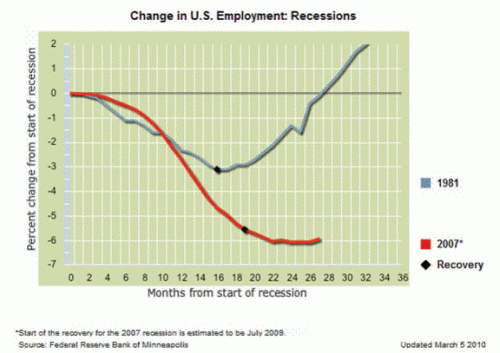 Some of the hardest problems in arithmetic are those that relate multiplication to addition. For example: Is every even number the sum of two primes? This is most assuredly a hard problem—mathematicians have been tackling it for centuries and so far nobody’s solved it. And it relates multiplication to addition. As soon as you talk about primes, you’re (implicitly) talking about multiplication, and of course when you talk about sums, you’re talking about addition.
Some of the hardest problems in arithmetic are those that relate multiplication to addition. For example: Is every even number the sum of two primes? This is most assuredly a hard problem—mathematicians have been tackling it for centuries and so far nobody’s solved it. And it relates multiplication to addition. As soon as you talk about primes, you’re (implicitly) talking about multiplication, and of course when you talk about sums, you’re talking about addition.
Or: How many ways can you write the number 2 as the difference of two primes? You can write 2 = 5-3, or 2 = 7-5, or 2 = 13-11. That’s three so far. How many more are there? The betting is that the answer is “infinitely many”, but nobody knows for sure. This problem has stumped some of the best and the brightest not just for centuries but for millennia. And again it relates multiplication to addition. (Well, it relates multiplication to subtraction, but of course subtraction is just addition in reverse.)
The ABC problem has only been around for a few decades, but it’s in many ways the most interesting and important of the bunch. Tomorrow I’ll explain how you can help solve this problem. Today I’ll explain what the problem is.
























